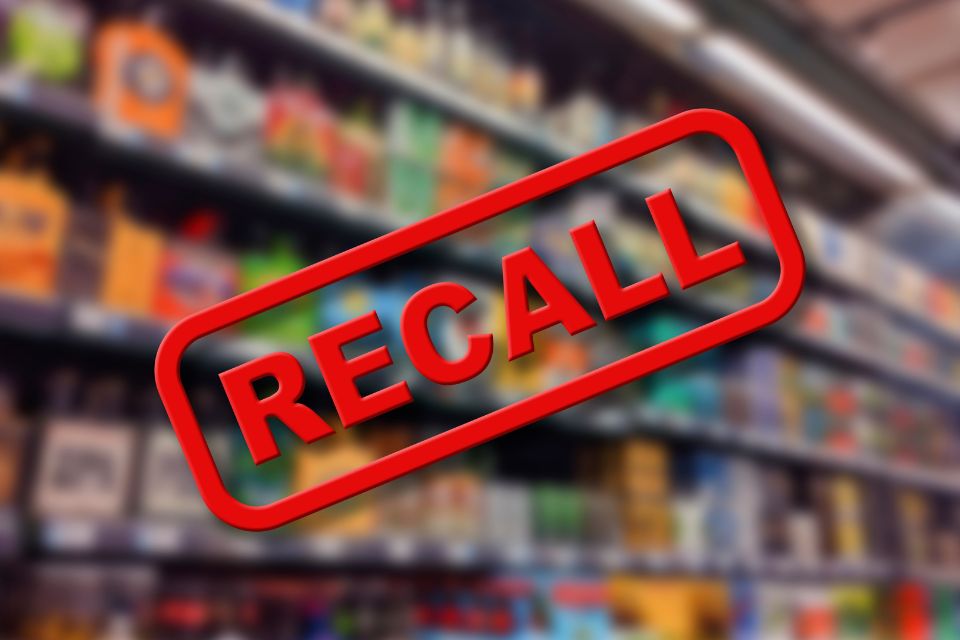As a business owner, delivering high-quality and safe products to your consumers is paramount. However, even the most stringent quality control measures can fall short, resulting in product recalls. To help you navigate this challenging setback and minimize potential risks, it’s crucial to understand the key causes of product recalls. In this blog, we will explore some of the most common reasons products get recalled so you can prevent recalls from occurring in your own operations.
Wrong Coding and Marking
Incorrect labels, coding, or markings on products can lead to disastrous consequences. Misleading information, wrong barcodes, or even incorrectly printed expiration dates can pose risks to consumers and your company’s reputation.
Proper coding and marking can prevent product recalls by ensuring each package contains the correct product, properly sealed and labeled. It also allows manufacturers to keep track of their inventory more accurately, which can ultimately save them money. Additionally, proper coding and marking can help with the traceability of products throughout the supply chain, giving manufacturers and regulators the ability to quickly identify potential contamination or safety issues.
Contamination
The presence of harmful chemicals, pathogens, or foreign objects in products can prompt widespread recalls. Regular cleaning and sanitizing production facilities and implementing stringent hygiene policies can significantly reduce the likelihood of contamination. Additionally, training employees and conducting regular equipment maintenance checks can help prevent issues that may lead to contamination.
Design Flaws
Mistakes in the design of a product could make it potentially dangerous for users, rendering it unfit for sale. Before launching a new product, conduct thorough product testing alongside prototypes and collect consumer feedback. Consult with experts in product design to minimize the risk of design flaws and ensure the safety of your consumers.
Manufacturing Errors
Errors in the manufacturing process can result in faulty products, which may either malfunction or pose safety risks. Implementing robust quality control measures at each stage of the production process will help you identify any potential issues and address them promptly.
Noncompliance With Regulations
Noncompliance with industry regulations or changing government standards are other common reasons behind product recalls. Stay informed about the latest regulatory requirements and collaborate with legal teams to verify that your products comply with all relevant laws and guidelines. This way, you can avoid hefty fines, legal action, and the negative publicity that stems from compliance breaches.
To ensure the utmost safety of your consumers and protect your business from the consequences of product recalls, take proactive steps to address the common reasons behind them. Invest in robust quality control systems, maintain a clean and sanitized production environment, and always stay up to date with industry regulations. By doing so, your company will foster a culture of safety and reliability and build a strong reputation in the marketplace.

